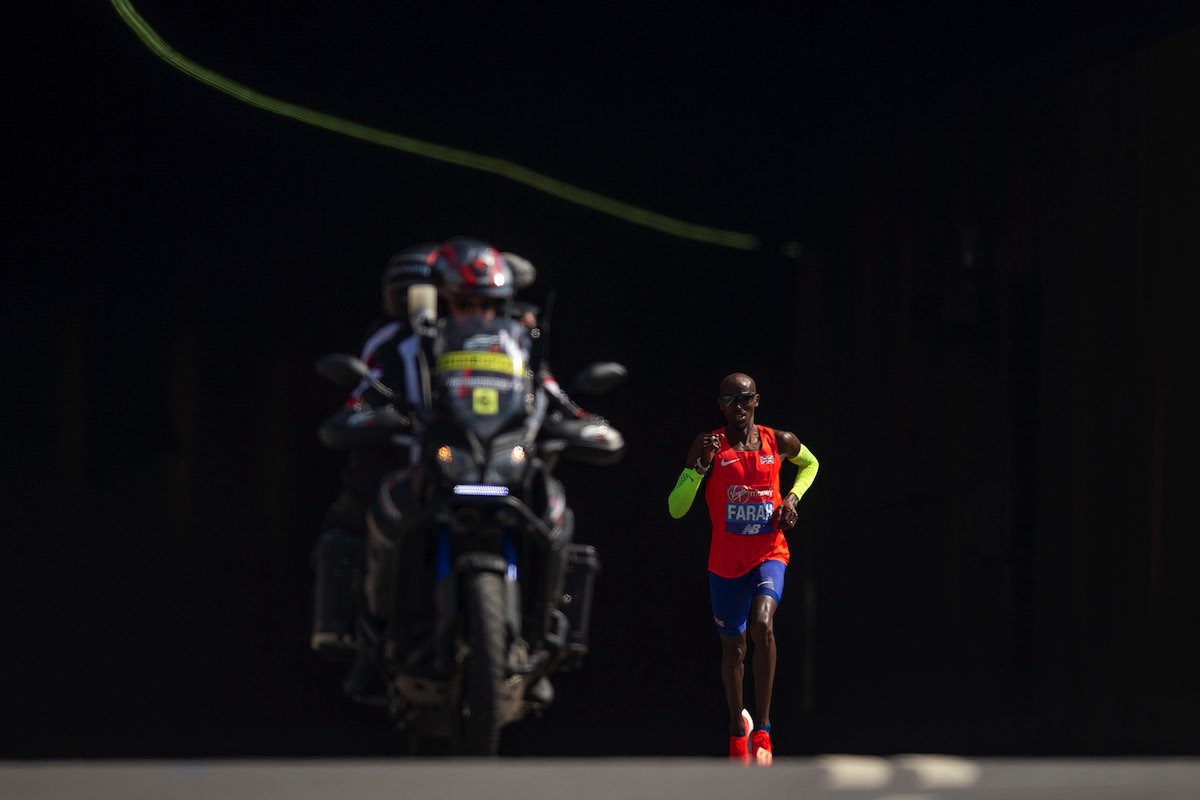From experienced runners to total beginners, everyone can benefit from learning a bit more about what they can do to improve their running technique and optimize their performance.
Whether you’ve got a marathon coming up or want to run your first mile, keep reading. Listed below are five lesser-known tricks that you can apply today to start becoming a better runner.
1. Don’t Skimp on Sleep
Contrary to what some running fanatics may have told you, one of the keys to becoming a better runner isn’t to push through fatigue and run until you can’t run any longer.
In reality, overtraining and not letting your body rest will slow you down and increase your risk of developing all kinds of injuries.
One of the best things you can do to improve your speed and increase your mileage is to make sure you’re getting enough sleep. When you’re sleeping, your body repairs the damage it experienced during the day.
It’s best to shoot for at least seven hours of sleep every night. Although, if you’re training for a big race and are logging lots of miles, getting an extra hour or two might be beneficial.
2. Run Fasted
This is another tip that might seem to contradict advice you’ve received in the past about fueling your body properly. While it is important to make sure you’re consuming adequate nutrients, some people believe that running in a fasted state can boost your efficiency.
When you restrict carbohydrates and run in a fasted state — especially on longer runs — your body depletes its glycogen stores and instead has to rely on stored fat for fuel. This makes your runs more efficient since you won’t feel a need to refuel halfway through your training session, and it can also help you lose weight (if that’s something you’re interested in).
Keep in mind that it takes time for you to experience the benefits of running fasted — work your way up to this type of training to avoid suppressing the immune system.
3. Monitor Your Blood Pressure
The more data you can gather about yourself, the better you’ll be able to monitor your performance and figure out the factors that benefit and hinder your training. As a runner, one of the most important pieces of data you should be paying attention to is your blood pressure.
Blood pressure can tell you a lot of things about your running performance, including the following:
-
How consistently and deeply you’re breathing
-
Which type of strength training is best to incorporate into your cross-training routine (runners with higher blood pressure can benefit more from core and stability work rather than heavy, power-based movements)
-
How quickly you’re recovering from your runs
It’s easy to monitor your blood pressure at home. Make sure you check it in the morning, right when you wake up and again at night, on both training and non-training days to see what kind of fluctuations take place.
4. Strengthen Your Glutes
Strong glutes are essential for runners, especially those who are looking to increase their speed.
Weak glutes can contribute to wear and tear on the rest of the body. They specifically put unnecessary tension on the lower back, hip flexors, and quadriceps, which increases your risk for all kinds of injuries.
Some of the best exercises for training the glutes include:
-
Hip thrusts
-
Banded side shuffles
-
Banded abductor exercises
Of course, remember not to neglect the other muscles in your lower body while training your glutes. A balanced physique will yield the best results. Overtraining the glutes without paying attention to the quadriceps and hamstrings won’t do you any favors.
5. Improve Your Ankle Mobility
It’s also important to pay attention to your ankle mobility. For optimal running performance, you should be able to dorsiflex your foot (pull it back toward your body) about three or four inches. For many people, this is quite difficult.
When you lack ankle mobility, you place more stress on your knees and increase your risk of developing an injury there.
Calf raises and exercises with resistance with resistance bands are great for improving ankle mobility. Be sure to include dynamic stretches into your routine as well, especially before heading off on a run.
Final Thoughts
If you want to become a better runner, it’s important to work smarter, not just harder. Keeping these tips in mind will help you take your training to the next level and improve your speed and endurance.






























